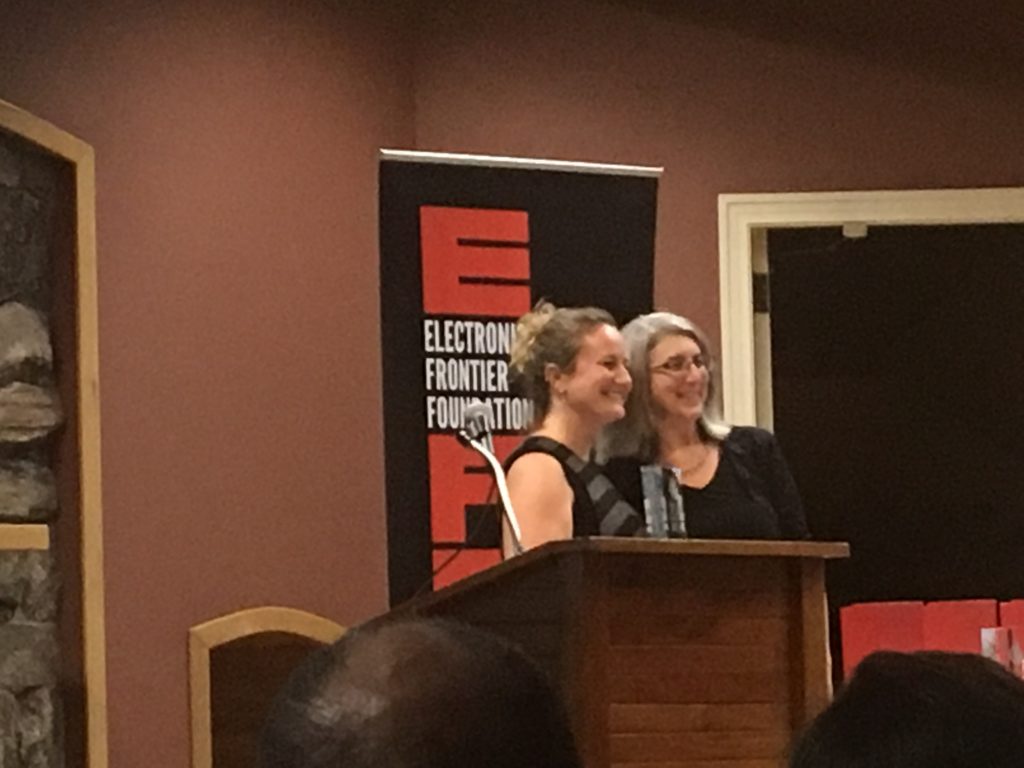For Immediate Release: 8AM EST, January 2, 2020
Contact: Andy Stepanian, 631.291.3010, Andy@sparrowmedia.net
Chelsea Manning Responds to United Nations Rapporteur’s Call For Her Release
UN Special Rapporteur on Torture: Release Chelsea Manning immediately
Alexandria, VA — This week Nils Melzer, the United Nations’ Special Rapporteur on torture and other cruel, inhuman or degrading treatment or punishment published a letter to the U.S. government dated November 1, 2019, condemning the incarceration of Chelsea Manning, calling such coercive confinement “torture” in violation of international law, and recommending her immediate release. He also recommends that any disproportionate fines levied against her be cancelled. The letter was made public following a customary 60-day window pending any government response.
Said S.R. Melzer:
“…I recommend that Ms. Manning’s current deprivation of liberty be promptly reviewed in light of the United States’ international human rights obligations. Should my assessment regarding its purely coercive purpose be accurate, I recommend that Ms. Manning be released without further delay, and that any fines disproportionate to the gravity of any offence she may have committed be cancelled or reimbursed.”
The letter was announced by Melzer via Twitter late December 30, 2019, stating:
“…the continued detention of @xychelsea is not a lawful sanction but an open-ended, progressively severe coercive measure amounting to torture & should be discontinued & abolished without delay”
In the letter, Melzer also condemns the United States’ practice of what he considers to be “prolonged coercive confinement” which “involves the intentional infliction of progressively severe mental and emotional suffering for the purposes of coercion and intimidation at the order of judicial authorities.” He added that “victims of prolonged coercive confinement have demonstrated post-traumatic symptoms and other severe and persistent mental and physical health consequences.”
According to Ms. Manning:
“My long-standing objection to the immoral practice of throwing people in jail without charge or trial, for the sole purpose of forcing them to testify before a secret, government-run investigative panel, remains strong.
“Nearly every other legal system in the world condemns coercive confinement, and long ago replaced secret grand juries with public hearings. I am thrilled to see the practice of coercive confinement called out for what it is: incompatible with international human rights standards. Regardless, even knowing I am very likely to stay in jail for an even longer time, I’m never backing down.”
Moira Meltzer-Cohen, Manning’s attorney, said:
“Special Rapporteur Melzer has issued a legally rigorous condemnation of the practice of coercive confinement, and of Ms. Manning’s confinement in particular. While the United States has so far failed to live up to its human rights obligations, I remain hopeful that the government will reconsider its policies in light of the UN’s admonition.
“In any case, there can be no further doubt that Ms. Manning has the courage of her convictions, and will never agree to testify before a grand jury, even at great personal cost. As S.R. Melzer notes, since her confinement is not having the intended coercive effect, she must be released.”
Although S.R. Melzer has requested a clarifying response from the United States, he makes clear his settled conclusion that the practice of coercive confinement violates international human rights law, and recommends Ms. Manning’s immediate release pending any response or investigation. In the two months since the letter was conveyed to the United States, Ms. Manning has remained confined, and the daily fines imposed upon her have continued to accrue.
###
Note to Editors:
- Definition of “torture” — as outlined in Article one of the Convention against Torture and other Cruel, Inhuman or Degrading Treatment or Punishment (CAT), as described by S.R. Nils Melzer in his letter:
“torture means any act by which severe pain or suffering, whether physical or mental, is intentionally inflicted on a person for such purposes as obtaining from him or a third person information or a confession, punishing him for an act he or a third person has committed or is suspected of having committed, or intimidating or coercing him or a third person, or for any reason based on discrimination of any kind, when such pain or suffering is inflicted by or at the instigation of or with the consent or acquiescence of a public official or other person acting in an official capacity, it does not include pain or suffering arising only from, inherent in or incidental to lawful sanctions”. (Note: Melzer clarifies, in the letter, on page 2, that he does not think such practices fall under CAT’s “lawful sanctions” exception.)
- List of international human rights laws that the U.S. practice of coercive confinement is in violation of, as described by S.R. Nils Melzer in his letter:
- Convention against Torture and other Cruel, Inhuman or Degrading Treatment or Punishment (CAT) (Articles 1, 2, 15 and 16)
- International Covenant on Civil and Political Rights (ICCPR); ratified by the United States of America in 1994 and 1992 respectively (Articles 2, 7 and 9)
- Human Rights Council Resolution 16/23
- Human Rights Council Resolution 34/19
- Human Rights Council Resolution 25/13
- General Assembly Resolution 68/156
Getting a surveillance transparency ordinance or a facial recognition ban passed in your town can seem like an overwhelming task. It’s not. You can do it!


